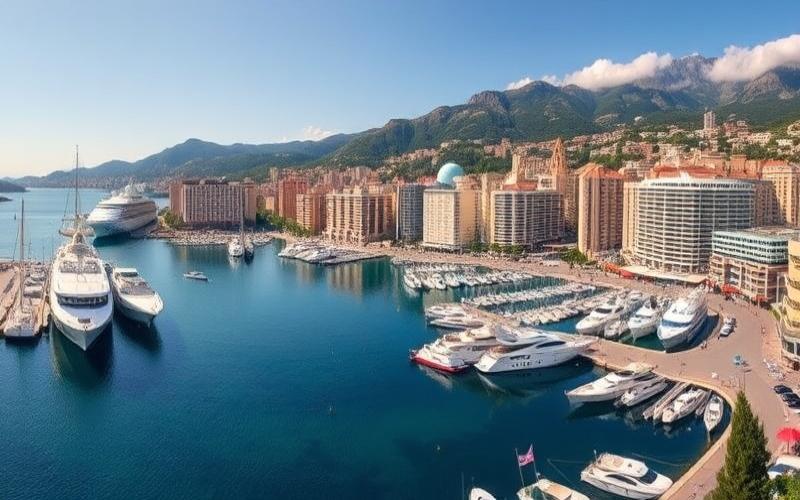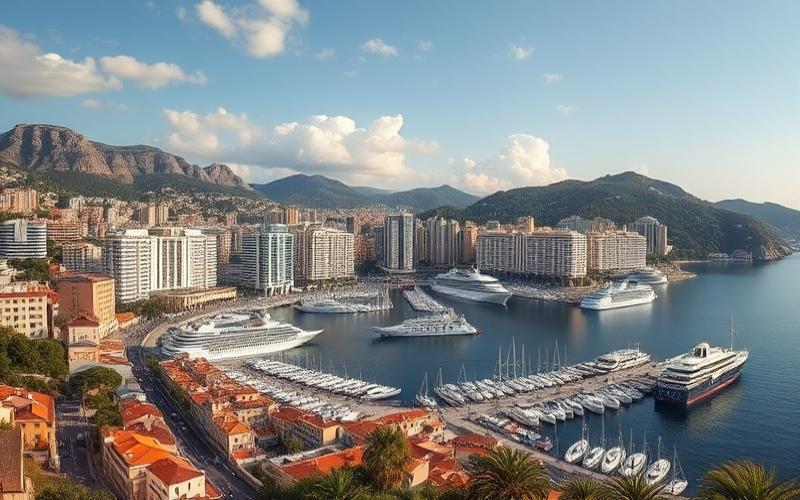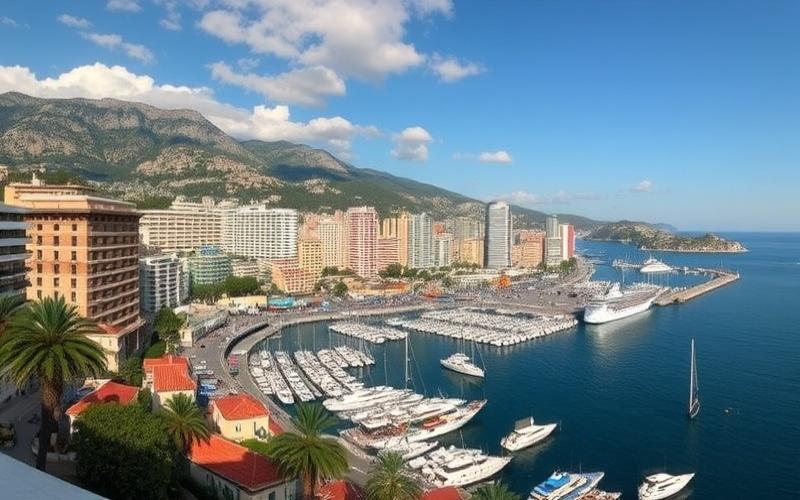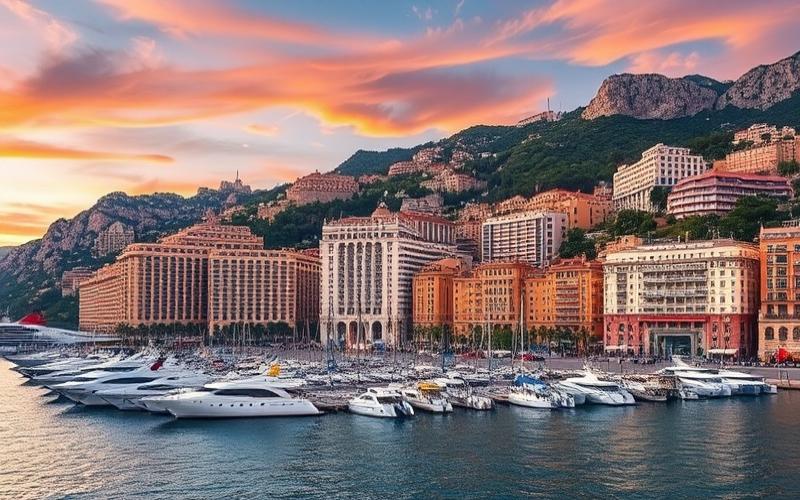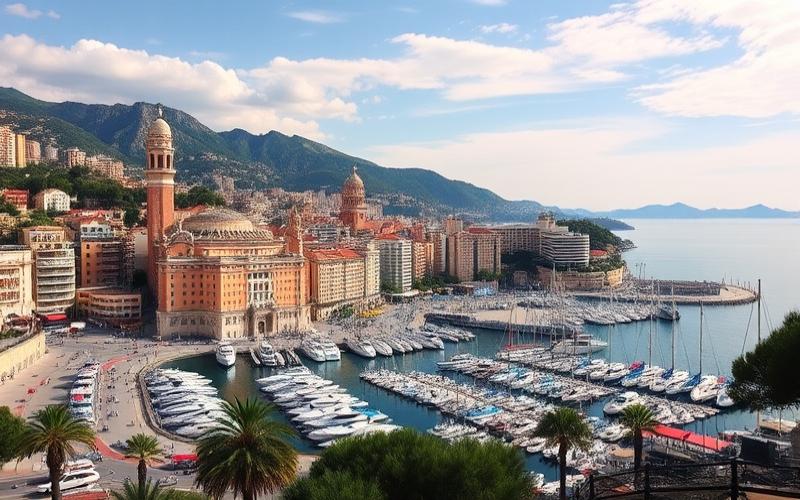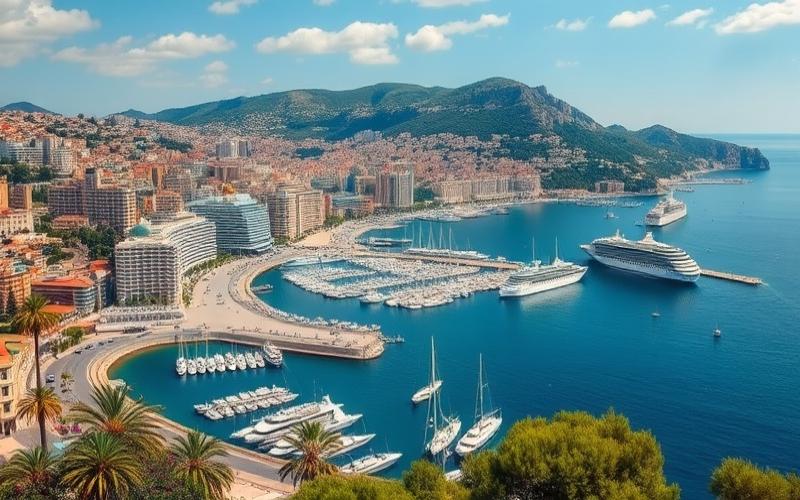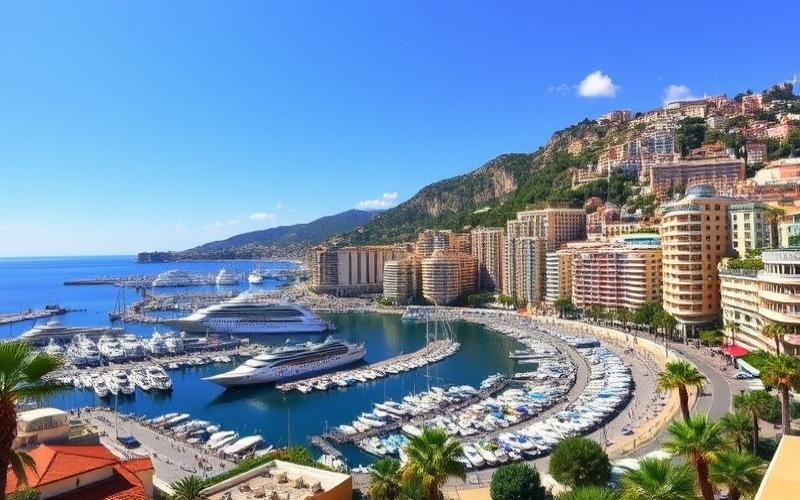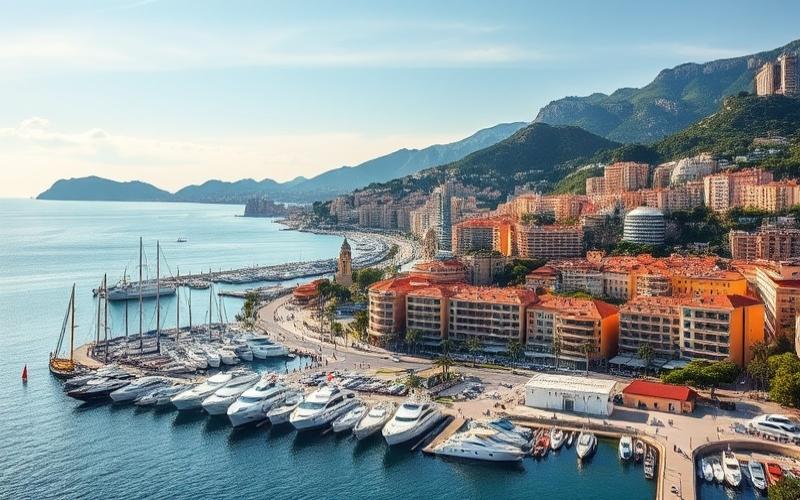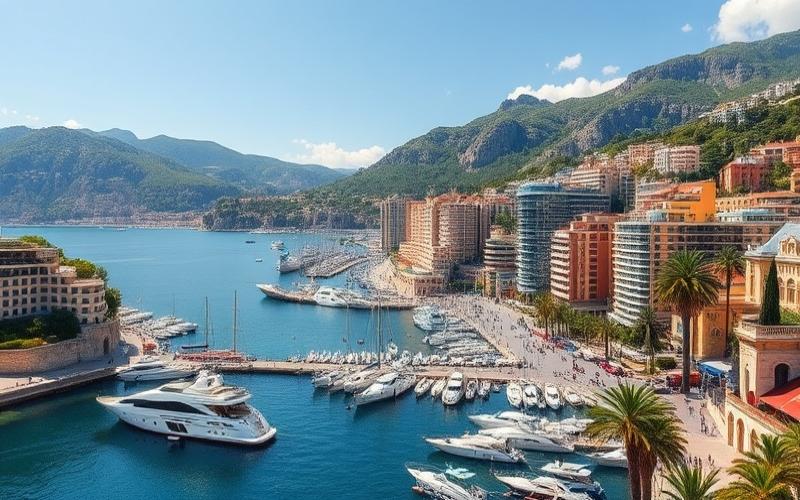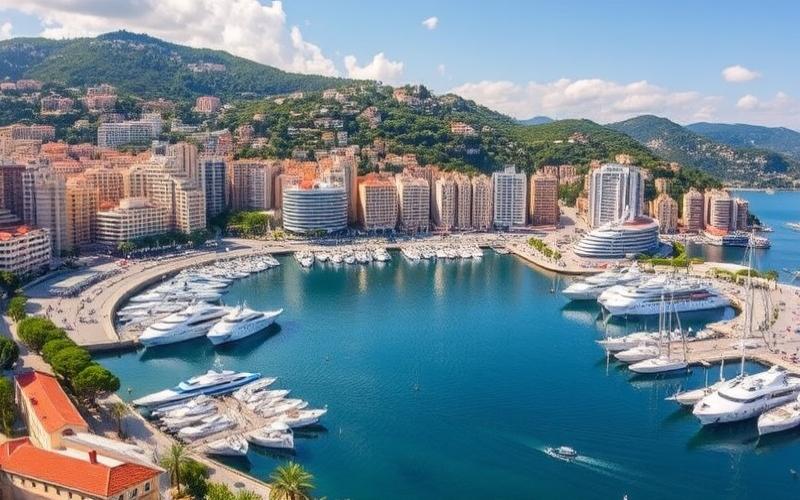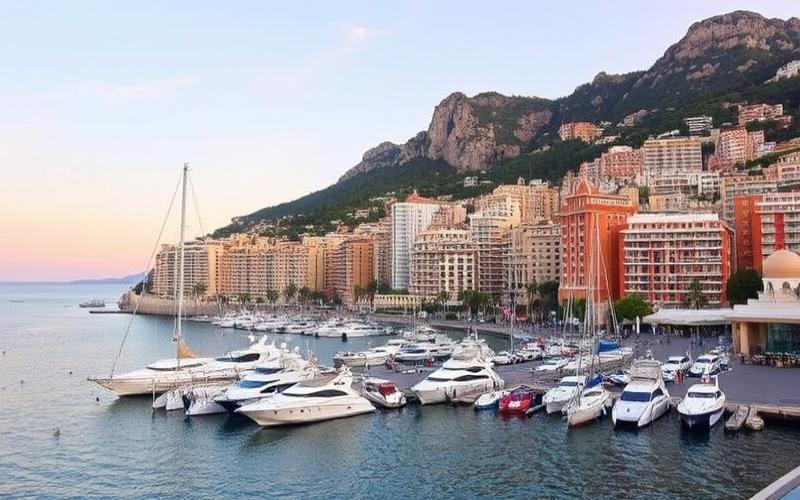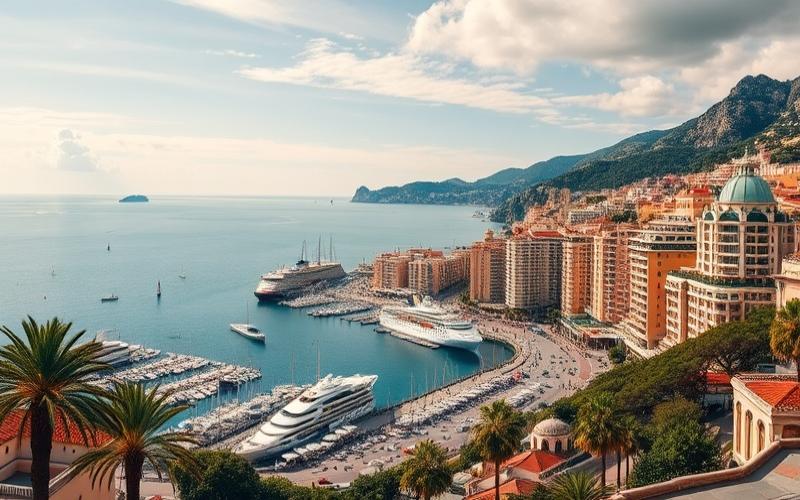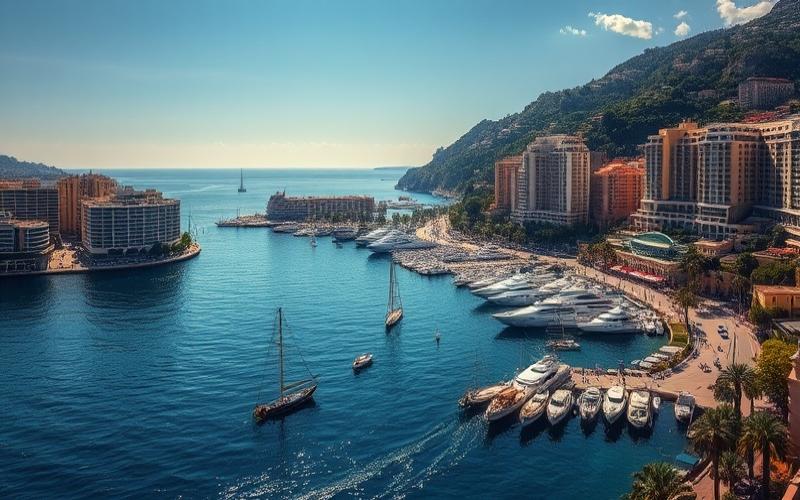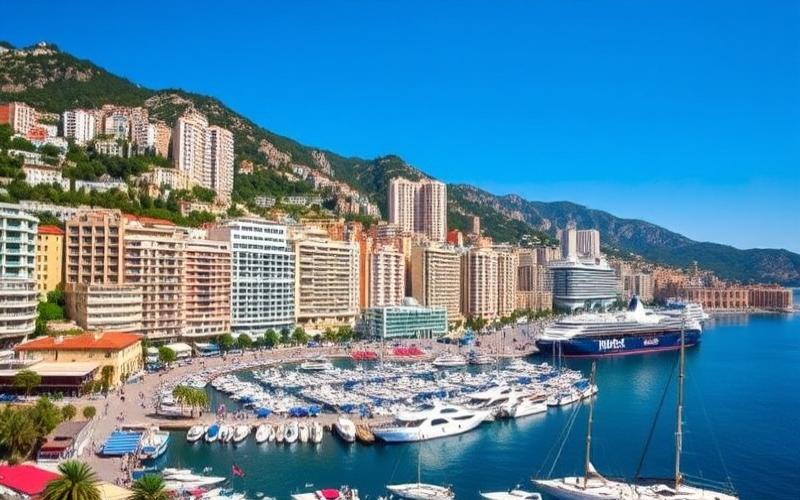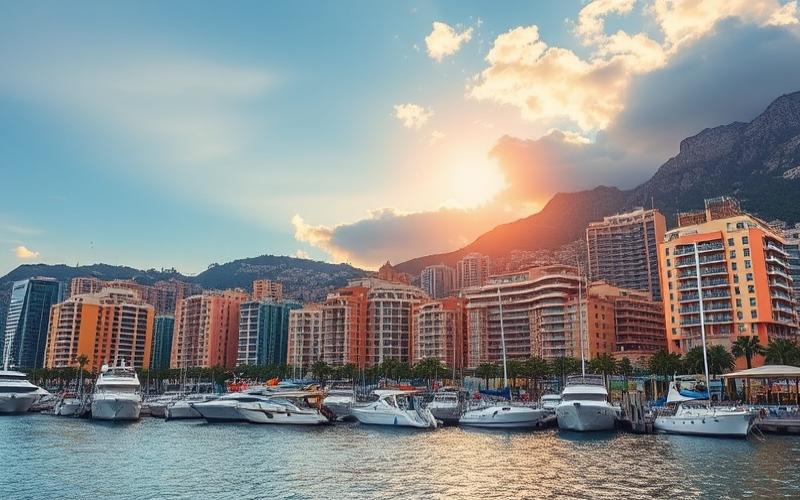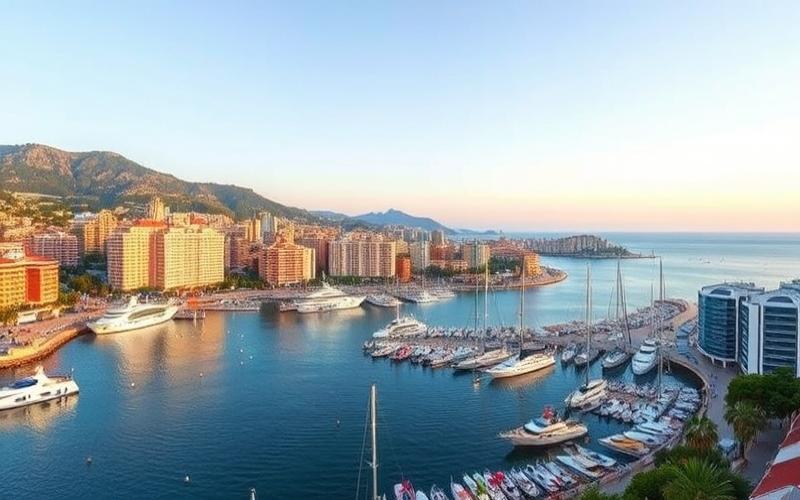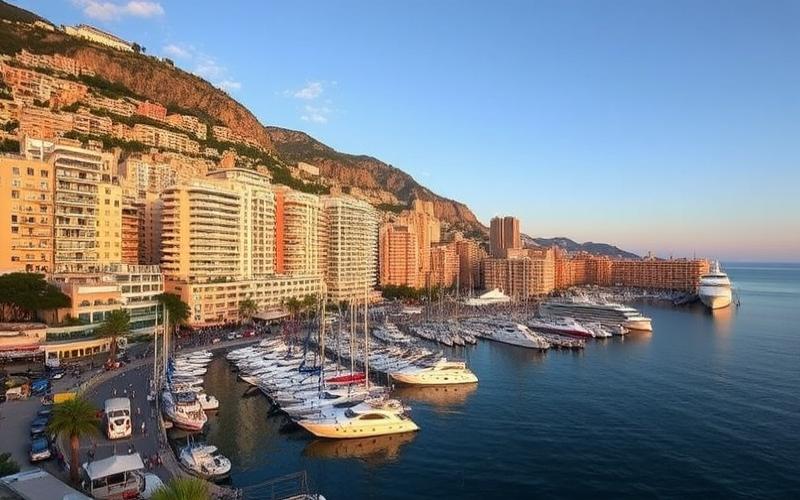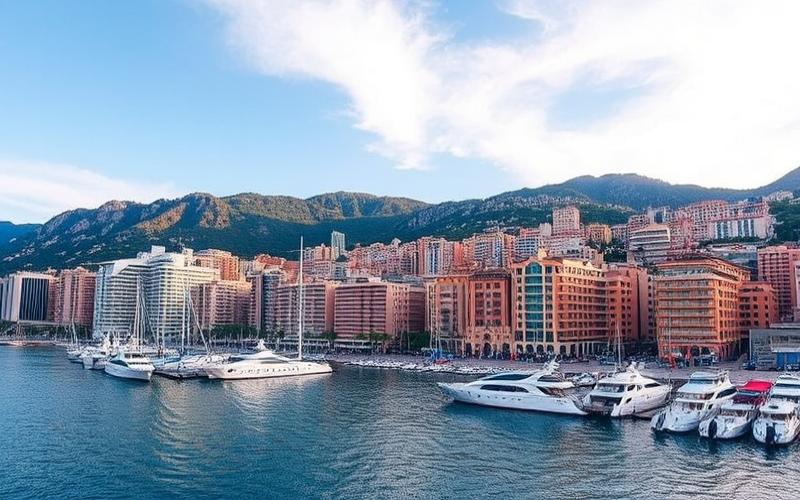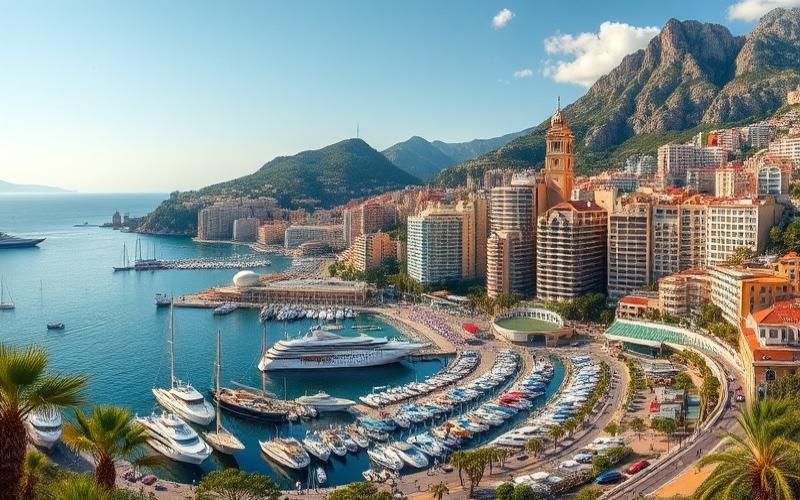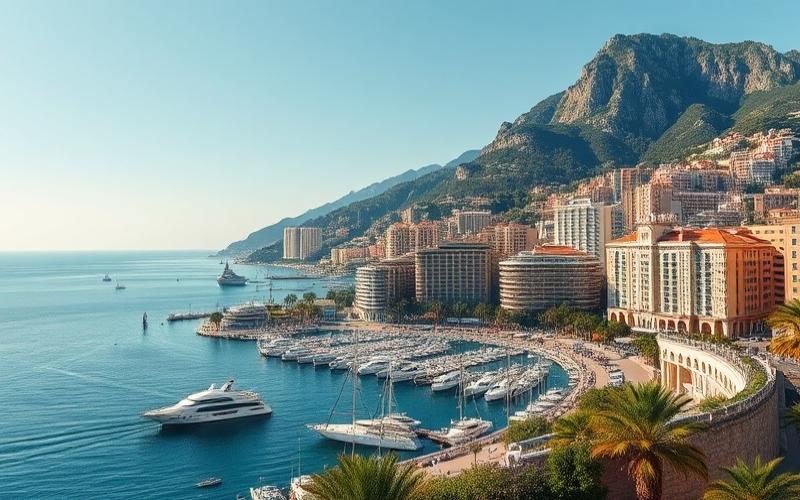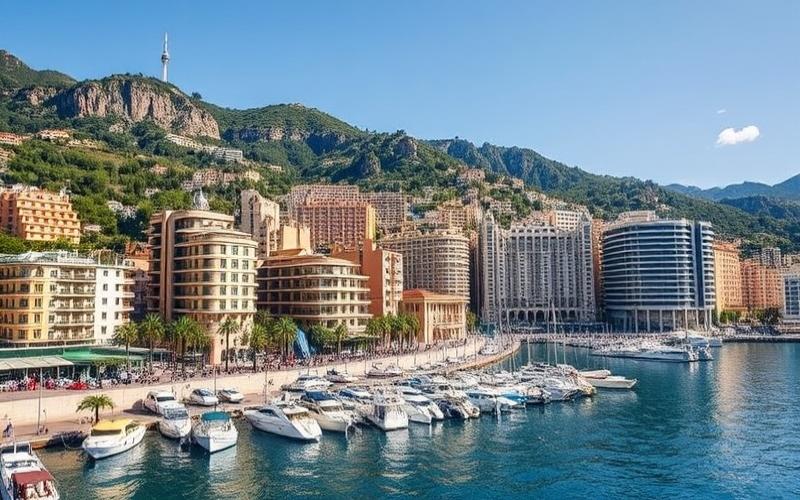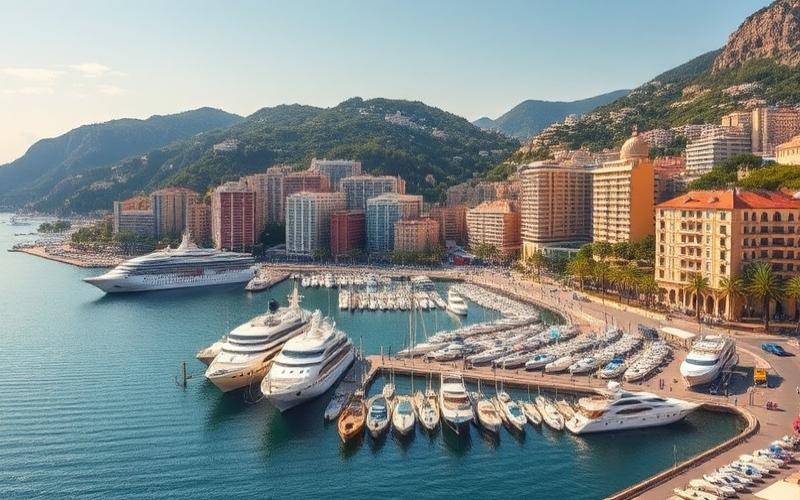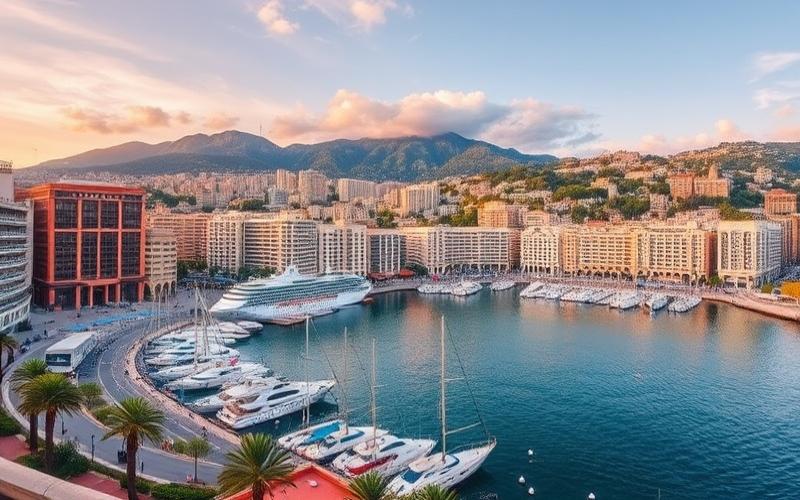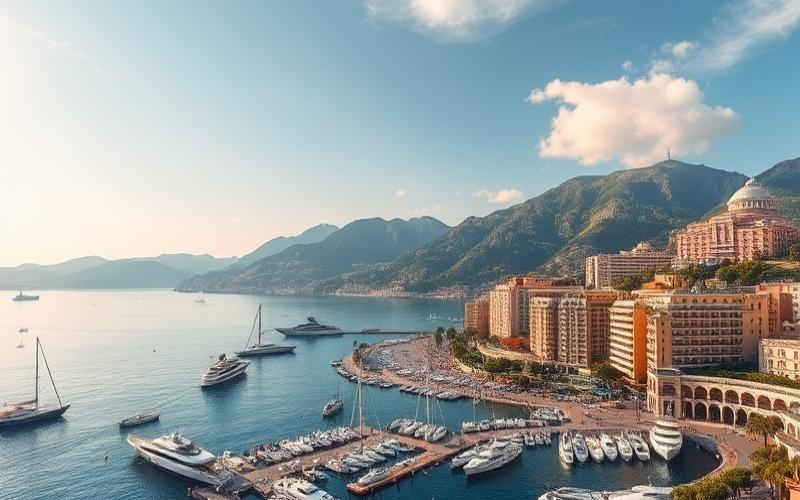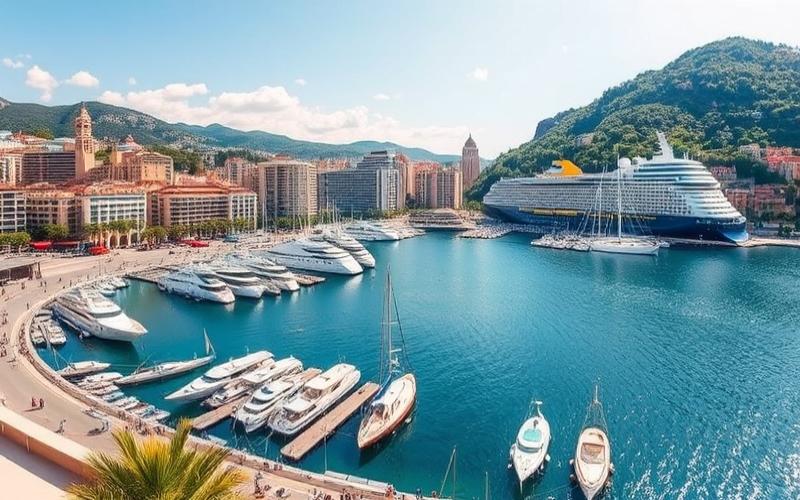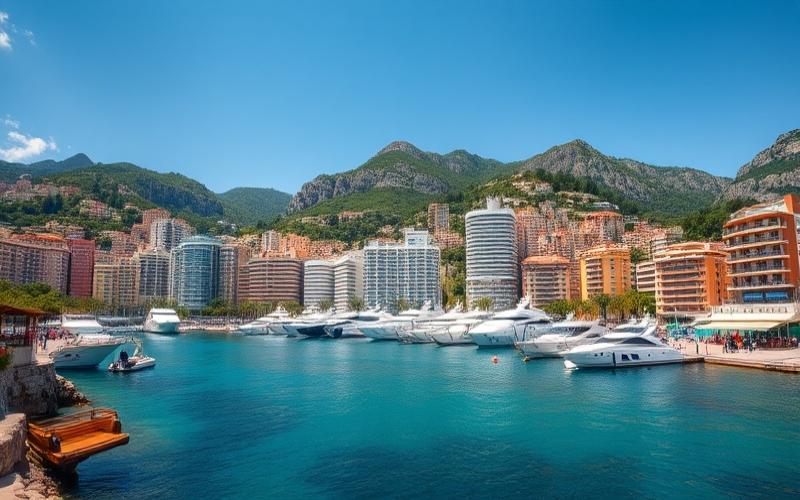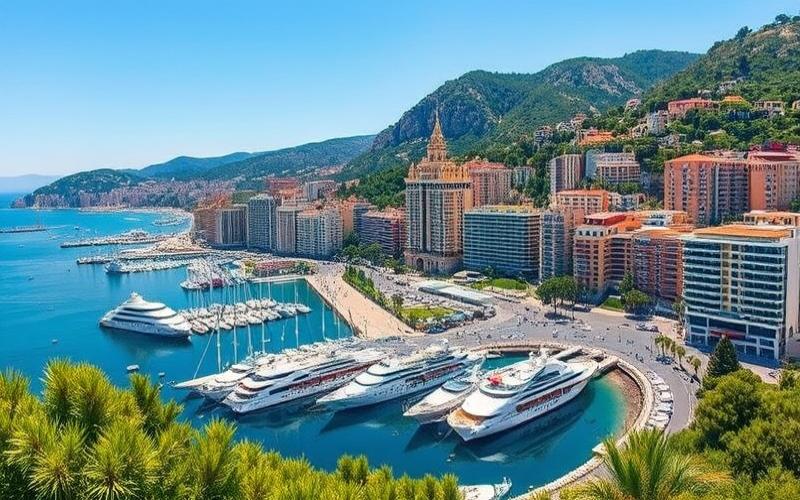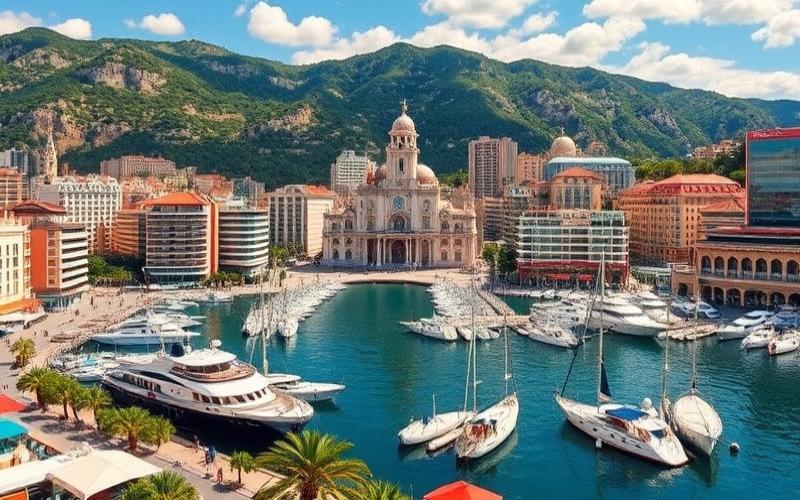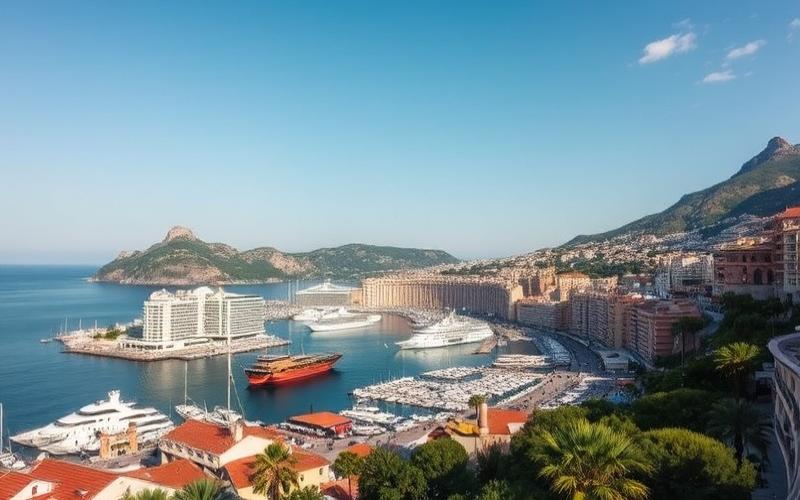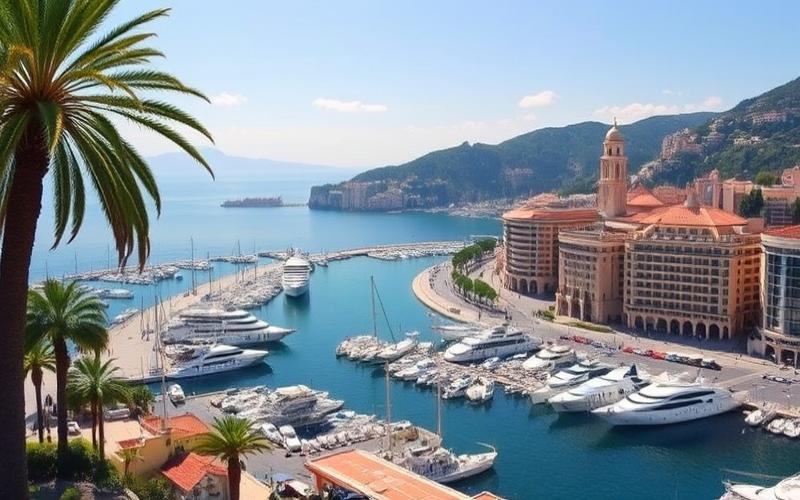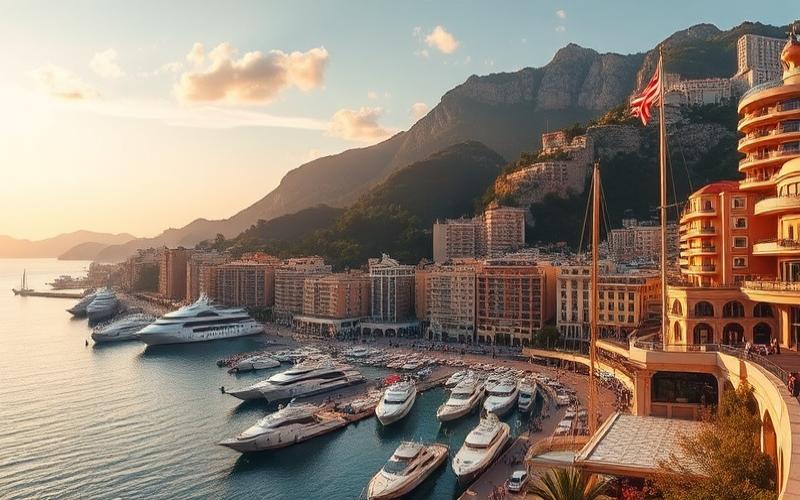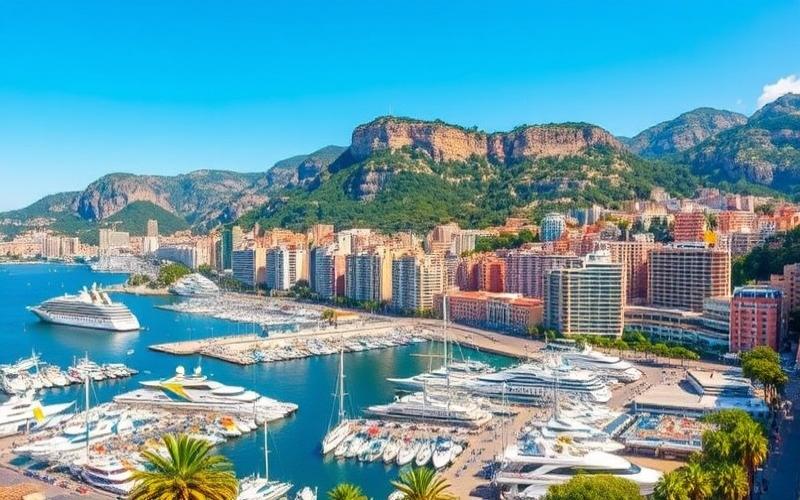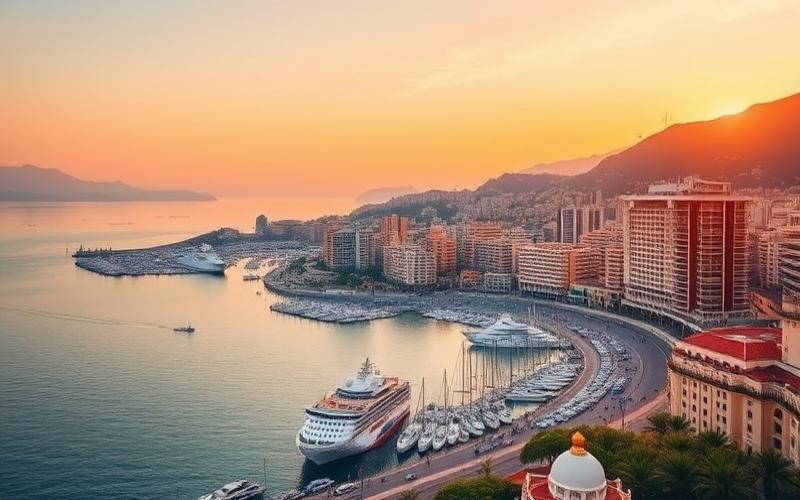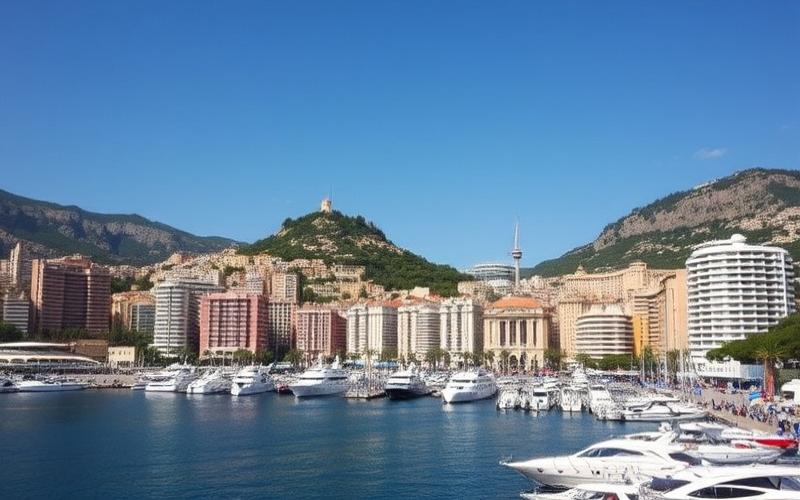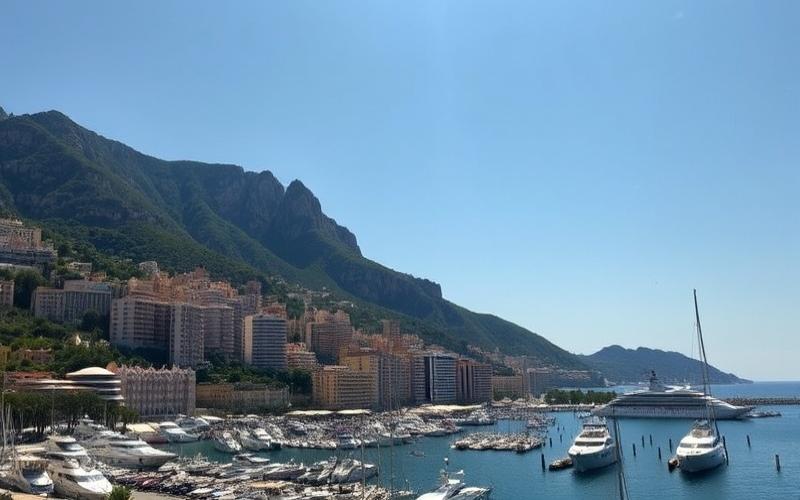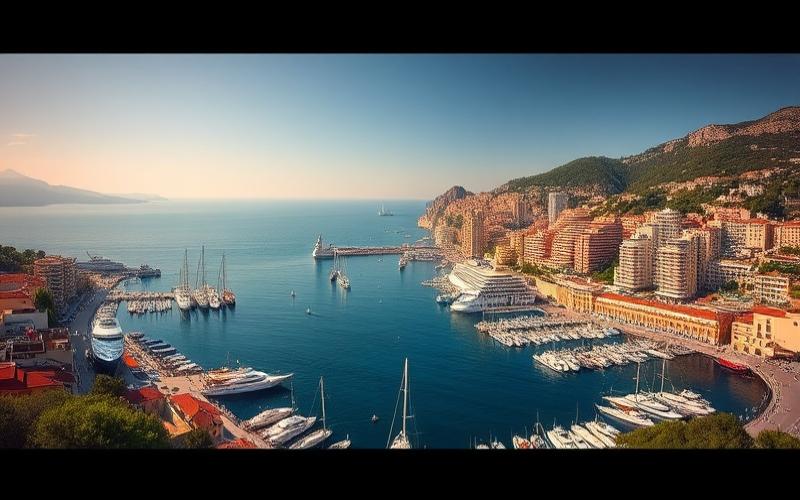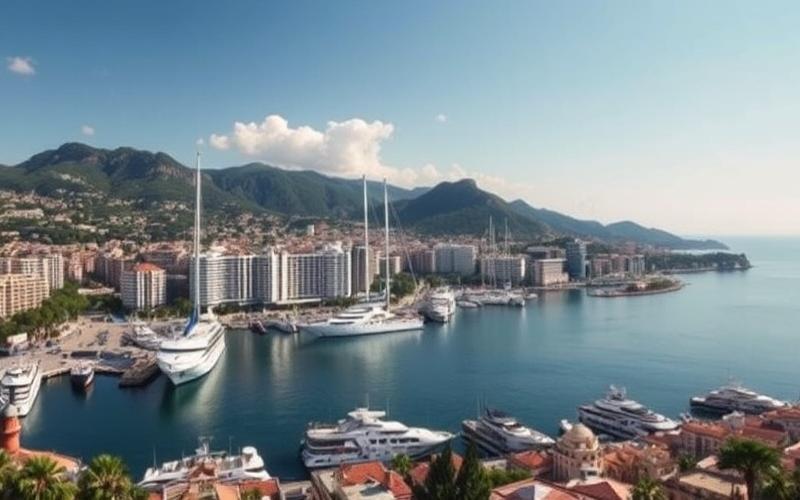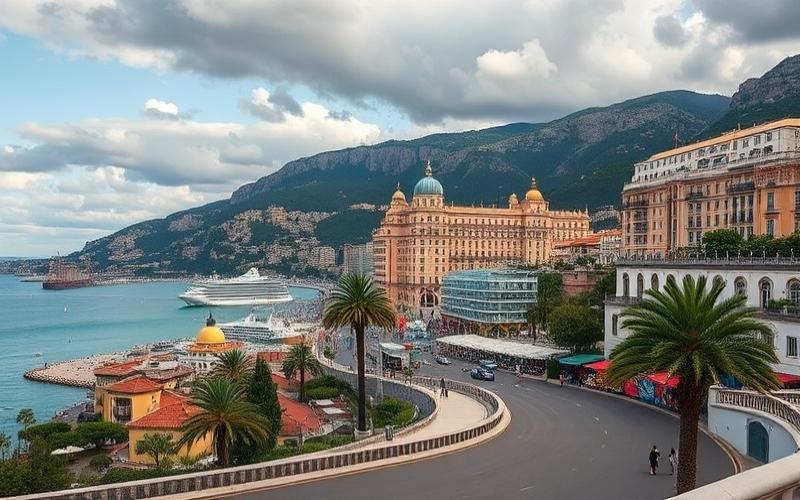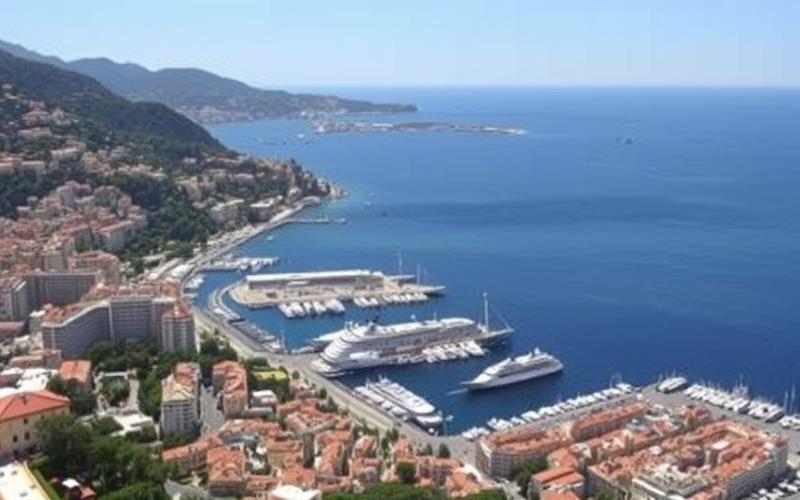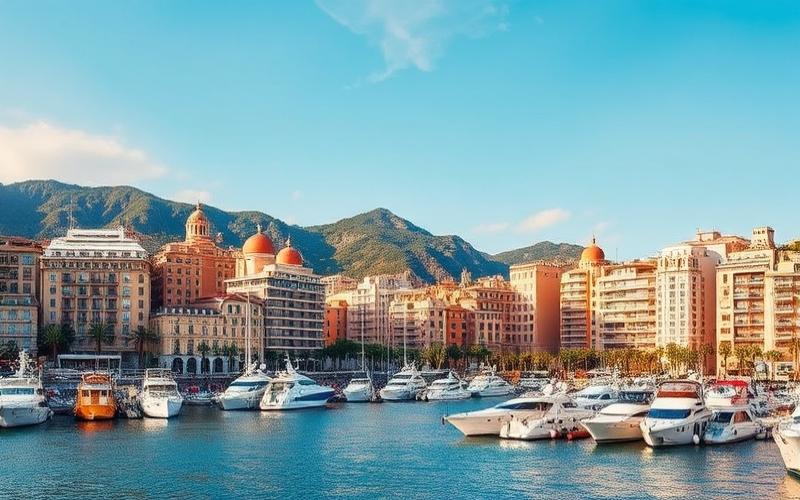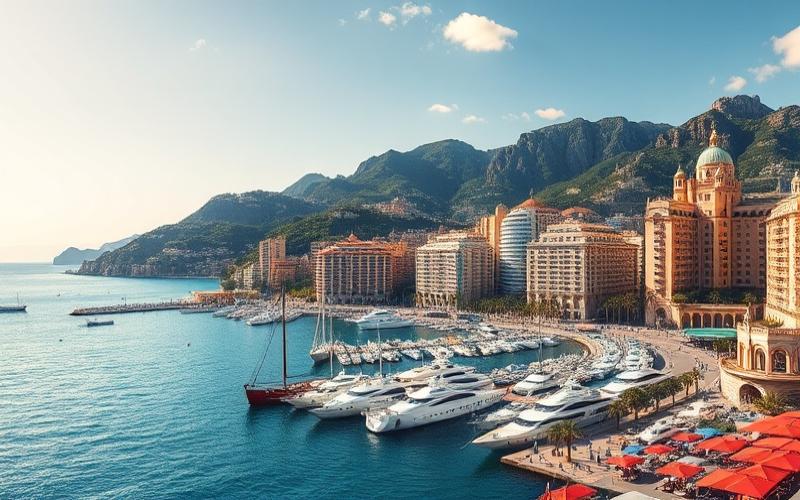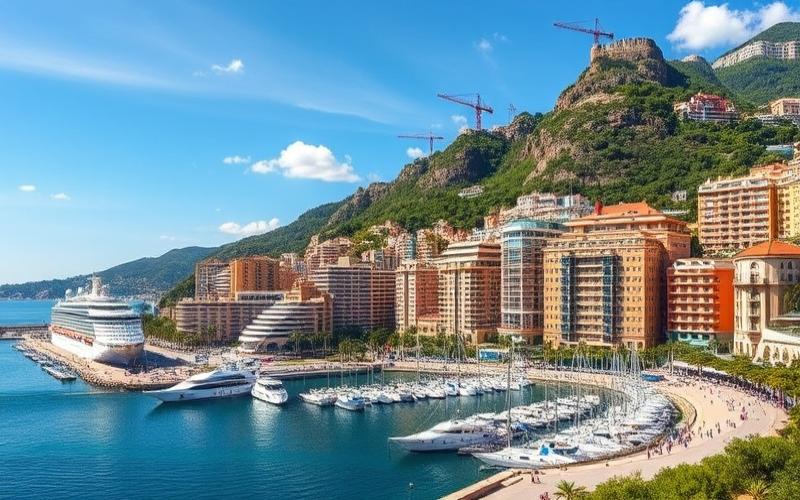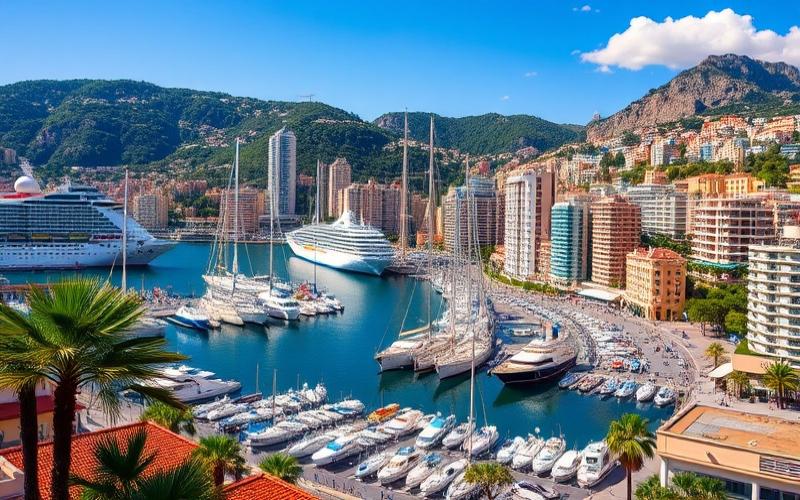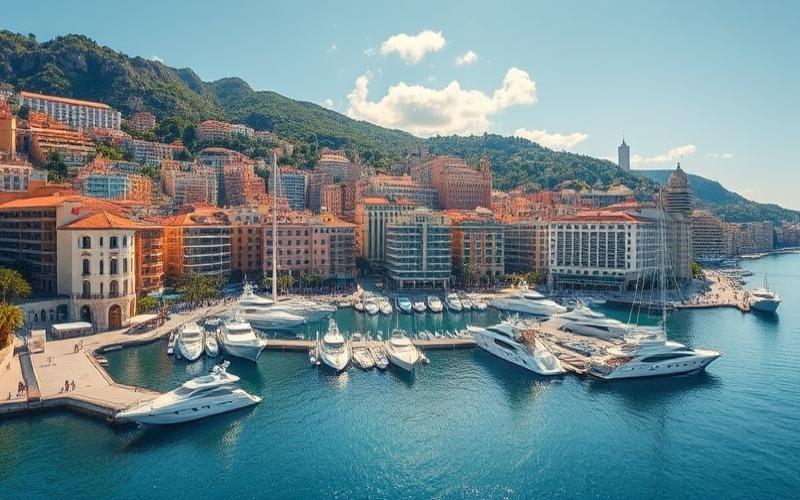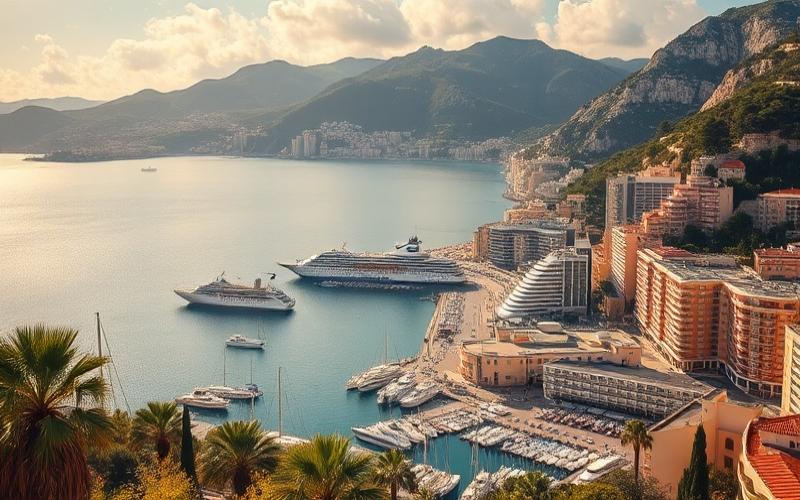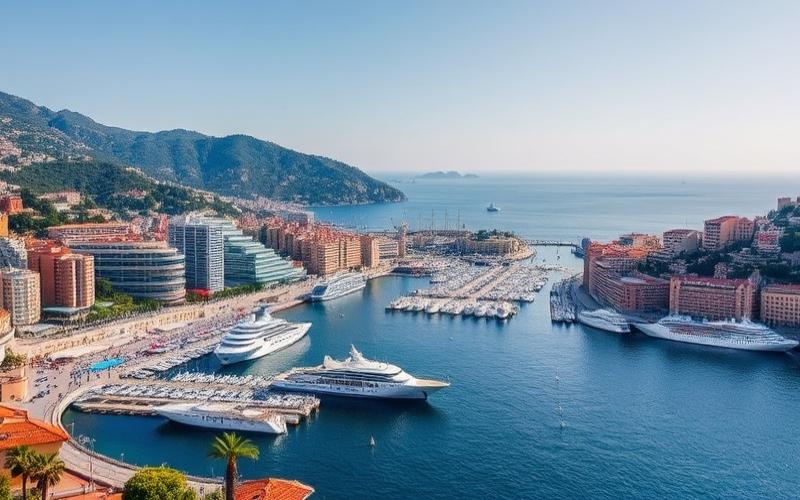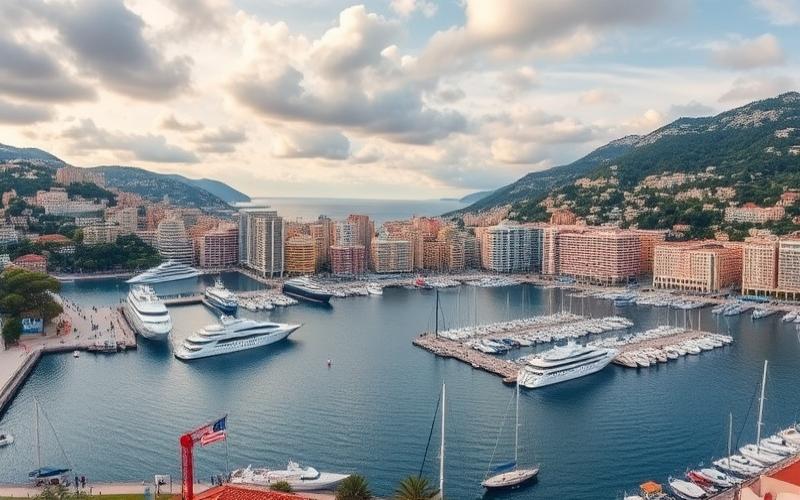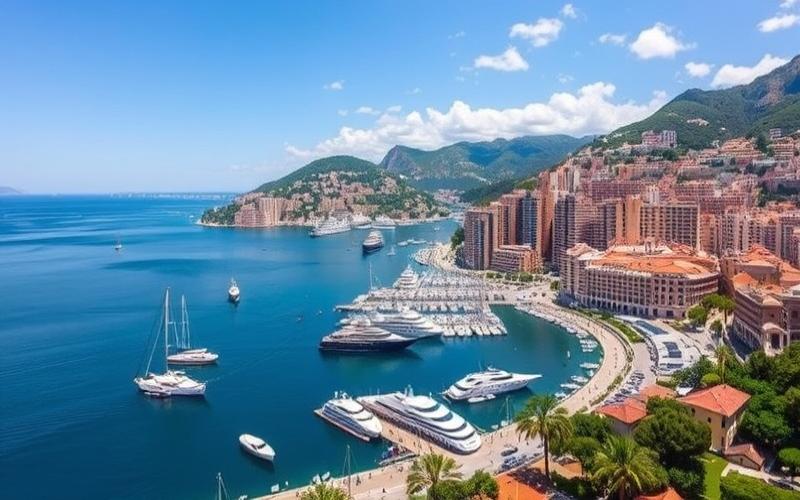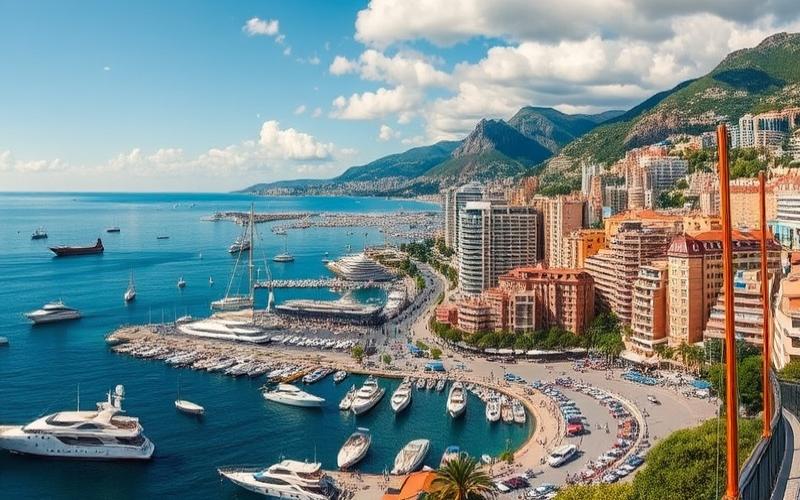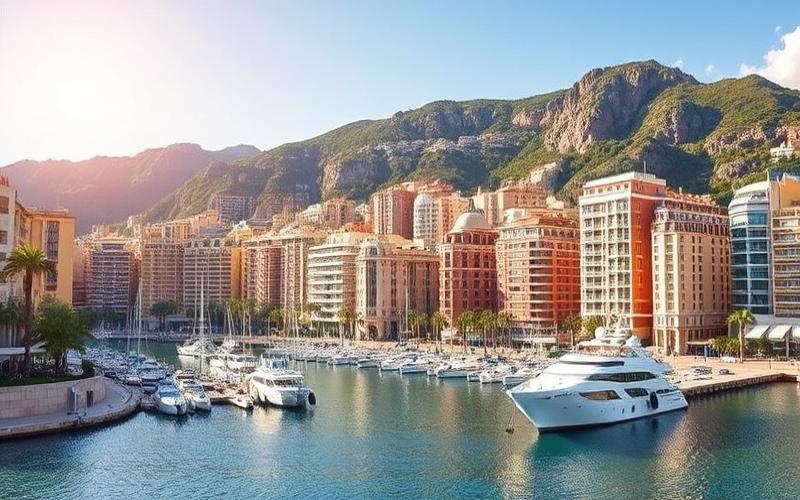
 Published on and written by Cyril Jarnias
Published on and written by Cyril Jarnias
Purchasing agricultural land in Monaco may seem a significant challenge given the scarcity of available land in this small yet prestigious Mediterranean country. However, this hasn’t deterred investors seeking to enter this dynamic and exclusive market.
Whether for ecological projects, prestigious winemaking, or simple investments, understanding the legal framework is crucial for a successful transaction. Through this guide, we decode the crucial legal aspects and essential procedures to successfully navigate agricultural land acquisition in the principality.
Overview of Land Law for Agricultural Land in Monaco
Land law in Monaco is characterized by very specific regulations, due to the Principality’s small area and land scarcity. The Monegasque state maintains tight control over land allocation, as illustrated by Law No. 1.572 of April 8, 2025, which explicitly provides for the declassification of public plots to modify their use, particularly concerning gardens or green spaces.
Specific Laws and Regulations Concerning Agricultural Land:
- Agricultural land is rare in Monaco; its status often depends on whether it’s state public or private domain.
- Any change of use (declassification) is subject to a specific law adopted by the National Council and then promulgated by the Prince.
- The management and allocation of agricultural uses primarily fall under public authorities.
Restrictions for Foreigners:
- Direct acquisition of land for agricultural use by foreigners typically requires special permits. This type of operation remains exceptional given the rigorous control exercised over local land.
- In practice, there are few to no private transactions involving strictly agricultural land outside the institutional framework.
Competent Authorities for Registration:
- The Property Titles Service (under the Public Land Service) oversees all operations related to real estate rights.
- Transactions also require going through a notary in Monaco.
Legal Acquisition Process:
| Step | Description |
|---|---|
| Initial Request | Submission to the Public Land Service with project presentation |
| Administrative Approvals | Mandatory validation by princely decree or law if public domain is involved |
| Notarized Deed | Drafting and signing before a Monegasque notary |
| Registration | Entry in the land registry with the competent service |
Associated Rights and Obligations:
- Possession subject to strict compliance with defined use (agricultural/garden).
- Potential maintenance obligation according to local urban/ecological standards.
- Strong limitations on any subsequent attempt to change use without new legal authorization.
Potential Tax Implications:
Ownership or potential transfer may be subject to taxation similar to other real estate properties:
- Potential taxation on income possibly from rural leases
- Taxable capital gains upon resale under certain conditions
- General absence or reduced rates for certain transfer duties depending on duration/use
Note that in many European countries—a trend also followed in some Monegasque practices—there is sometimes specific tax relief aimed at preserving agricultural heritage.
In summary, any project related to agricultural land must be anticipated as highly regulated with unavoidable intervention from local public authorities. Any operation requires specialized legal support as well as thorough administrative validation.
Good to Know:
In Monaco, land law is rigorous, particularly for agricultural land where acquisition by foreigners is heavily regulated. Agricultural land is scarce and often protected by laws aimed at preserving green spaces. Foreigners wishing to acquire such land must obtain approval from Monaco’s Council of State, which oversees land procedures. Transaction registration is done with the Tax Services Department, where each acquisition requires a notarized deed. Administrative back-and-forth involving multiple verifications can prolong the process. Owning agricultural land here entails compliance with certain obligations such as sustainable use and maintenance, with potential tax impacts like exemptions under specific conditions.
Rules and Regulations on Rural Zoning in Monaco
Rural zoning in Monaco, in its legal context, refers to the classification and regulation of land uses within Monegasque territory. However, it’s important to emphasize that Monaco, as an extremely densely populated micro-state that’s almost entirely built-up, does not have rural or agricultural areas in the traditional sense as found in France or other European countries. Monegasque territory is essentially divided into urban districts such as Monaco-Ville, Monte-Carlo, or Fontvieille.
Laws governing urban planning and land use in Monaco are primarily focused on urban zoning. Regulatory texts set development conditions for each district or regulated sector (for example: Monte-Carlo divided into five distinct zones), precisely detailing permitted activities (residential, commercial, restaurants, etc.) as well as maximum building heights and other specific constraints.
Within the meaning of this regulation, each delimited zone corresponds to a very specific use—no mention is made of specifically agricultural land.
Summary Table of Main Characteristics:
| Term | Presence in Monaco | Specific Regulation |
|---|---|---|
| Rural Zones | No | Not applicable |
| Agricultural Land | No | Not applicable |
| Urban Zoning | Yes | Urban Planning Law; OS 6294 |
List of Main Responsible Organizations:
- Urban Planning Department: controls compliance with urban plans.
- Monaco City Hall: issues certain administrative permits.
- Domain Service: public land management.
For a potential buyer, here are the typical steps to ensure compliance during a real estate purchase:
- Check with the Urban Planning Department for the exact classification of the targeted land (cadastral plan/local plan).
- Consult the specific regulation applicable to the concerned sector (regulated sector) to identify all usage restrictions.
- Request written confirmation of the land’s possible destination before any transaction.
- Obtain preliminary authorization if any change of use is contemplated.
Illustrative Concrete Cases:
To date, no known cases specifically concern rural or agricultural land in Monaco—all related examples exclusively involve strict compliance with intended uses by district (example: rejection of a commercial project in a strictly residential zone).
In this ultra-urban Monegasque context,
Purchasing or using land for agricultural purposes is not feasible as no local regulation provides for or permits this type of use on national territory
Any attempt would be systematically rejected by competent authorities in accordance with applicable texts.
Good to Know:
In Monaco, rural zoning refers to the legal classification of land based on its use, with laws governing this classification aiming to maximize rational use of the country’s limited land for agricultural activities. Agricultural land is subject to strict restrictions, including regarding construction and economic activities, to protect the environment and preserve green spaces. The Urban Planning Department is the government body responsible for enforcing these rules, and potential buyers of agricultural land must comply with precise legal procedures, such as obtaining specific permits. For example, a recent acquisition of agricultural land in Monaco was conditioned on preserving the neighboring park, illustrating the importance of complying with current regulations and the need for buyers to consult competent authorities to avoid legal conflicts.
Precautions to Avoid Non-Buildable Land in Monaco
Legal Classification of Land in Monaco and Implications on Buildability
In Monaco, land is classified according to several legal categories, which determine its buildability:
| Sector | Main Characteristics | Implications for Construction |
|---|---|---|
| Monaco-Ville & Ravin de Sainte-Dévote | Historic district to preserve. | Protection of current character; high restrictions. |
| Regulated Complex Sectors | Districts defined by sovereign ordinance with precise coordination plans (construction index, orientation, dimensions). | Construction subject to strict and specific rules. |
| Urbanized Operations Sector | Divided into zones: average, high, or border dimensions; limits set by sovereign ordinance. | Construction authorized if compliant with applicable rules. |
Some areas benefit from heritage or environmental protection that strongly limits or even prohibits any new construction.
Verifying Land Status
To ensure land buildability:
- Consult the Monegasque cadastre service to obtain a cadastral extract specifying zoning and any potential easements.
- Request an urban information note from the Urban Planning Department.
- Check for the possible existence of a specific local plan or ordinance imposing restrictions.
Specific Urban Planning Regulations
Main regulatory points include:
- Obligation to obtain a permit before any project: requiring notably proof of ownership, detailed plans, and technical studies.
- Strict prohibition in certain protected areas (heritage or natural sites).
- Special conditions during demolition/reconstruction operations: obligation sometimes imposed by the state regarding the type or number of housing units to be rebuilt.
- Any permit is issued subject to respect for third-party rights and remains revocable if work doesn’t begin within one year of obtaining it.
Practical Tips to Avoid Risks
To secure a land transaction in Monaco:
- Surround yourself from the start with:
- A lawyer specialized in Monegasque real estate law
- A licensed land agent thoroughly familiar with the local market
- Possibly: engage an experienced notary
Practical checklist:
- Always request all official cadastral documents.
- Demand a written note on the exact urban situation before any commitment.
- Have every piece of information related to the land verified with local authorities.
⚠️ Legal consequences for non-compliant purchases may include:
- Total or partial legal impossibility to build
- Major financial risk linked to an investment with no potential appreciation
- Possible legal actions for cancellation/compensation
The best prevention remains thorough due diligence conducted rigorously from the pre-contractual phase, through systematic consultation with competent services and validation by a local legal expert.
Good to Know:
In Monaco, to avoid purchasing non-buildable land, it’s crucial to know legal classifications such as agricultural zones, natural reserves, or special restriction zones, which impact the possibility of construction. Verifying a land’s status with cadastral services or local authorities is essential to confirm its buildability. Urban planning regulations in Monaco impose strict constraints, particularly in protected areas. Collaborating with local experts, such as a real estate specialized lawyer or an experienced land agent, can help navigate these complexities and avoid unpleasant surprises. Buying non-buildable land can lead to significant legal consequences, such as building permit invalidation, so thorough due diligence before purchase is recommended.
Disclaimer: The information provided on this website is for informational purposes only and does not constitute financial, legal, or professional advice. We encourage you to consult qualified experts before making any investment, real estate, or expatriation decisions. Although we strive to maintain up-to-date and accurate information, we do not guarantee the completeness, accuracy, or timeliness of the proposed content. As investment and expatriation involve risks, we disclaim any liability for potential losses or damages arising from the use of this site. Your use of this site confirms your acceptance of these terms and your understanding of the associated risks.

